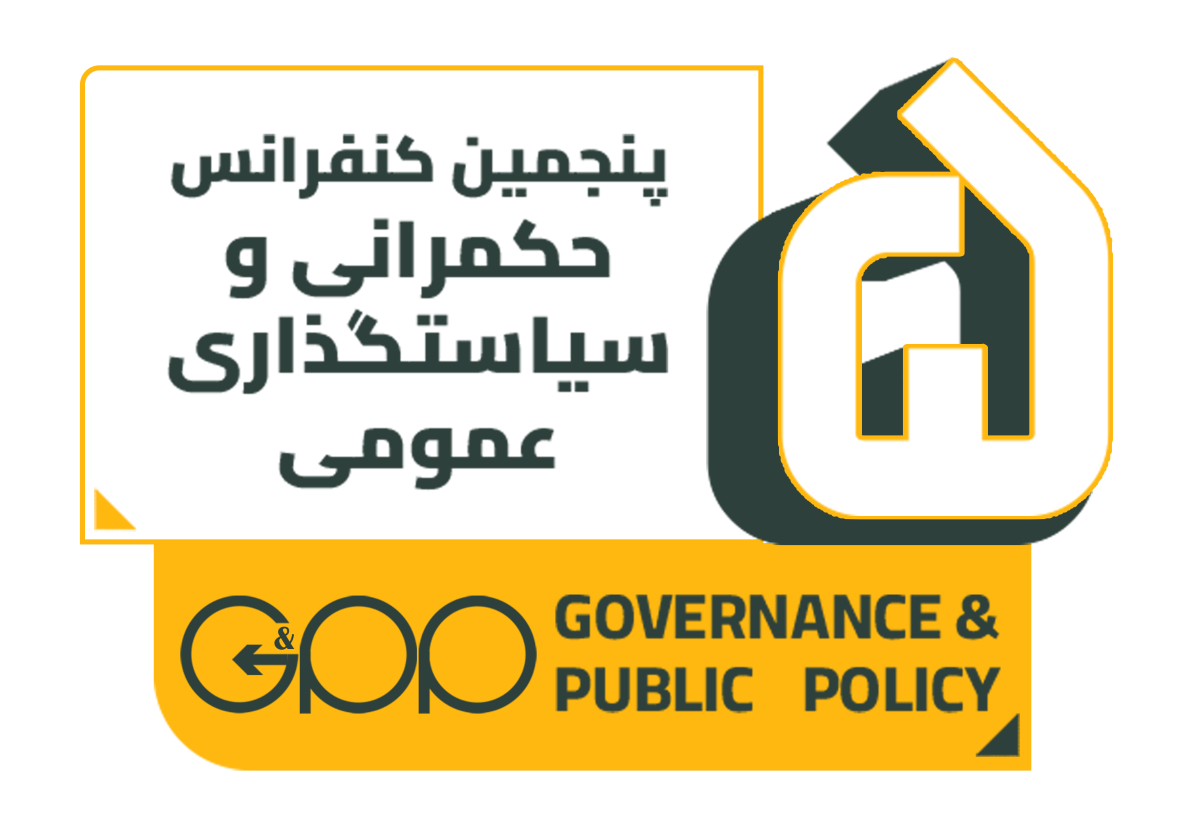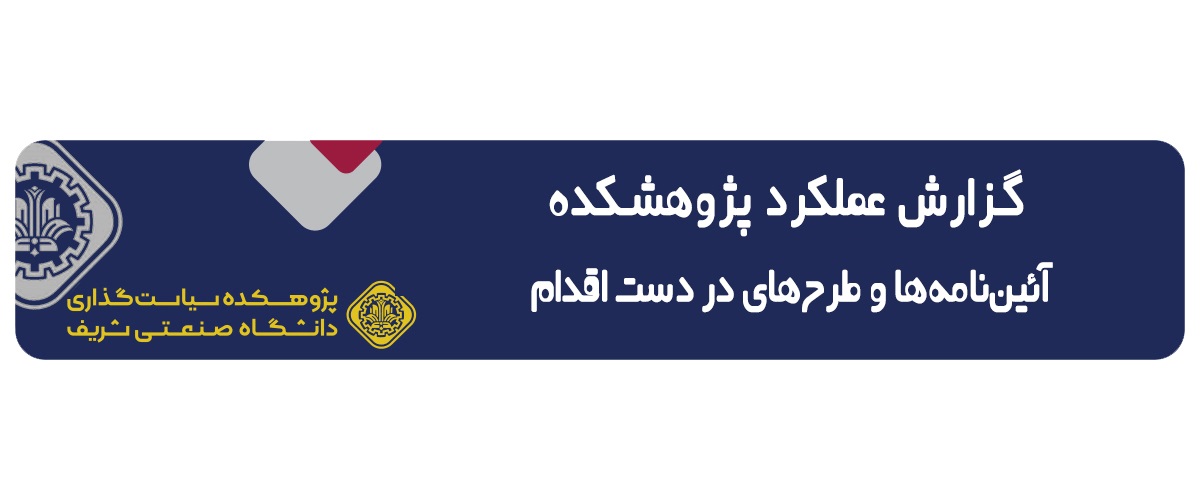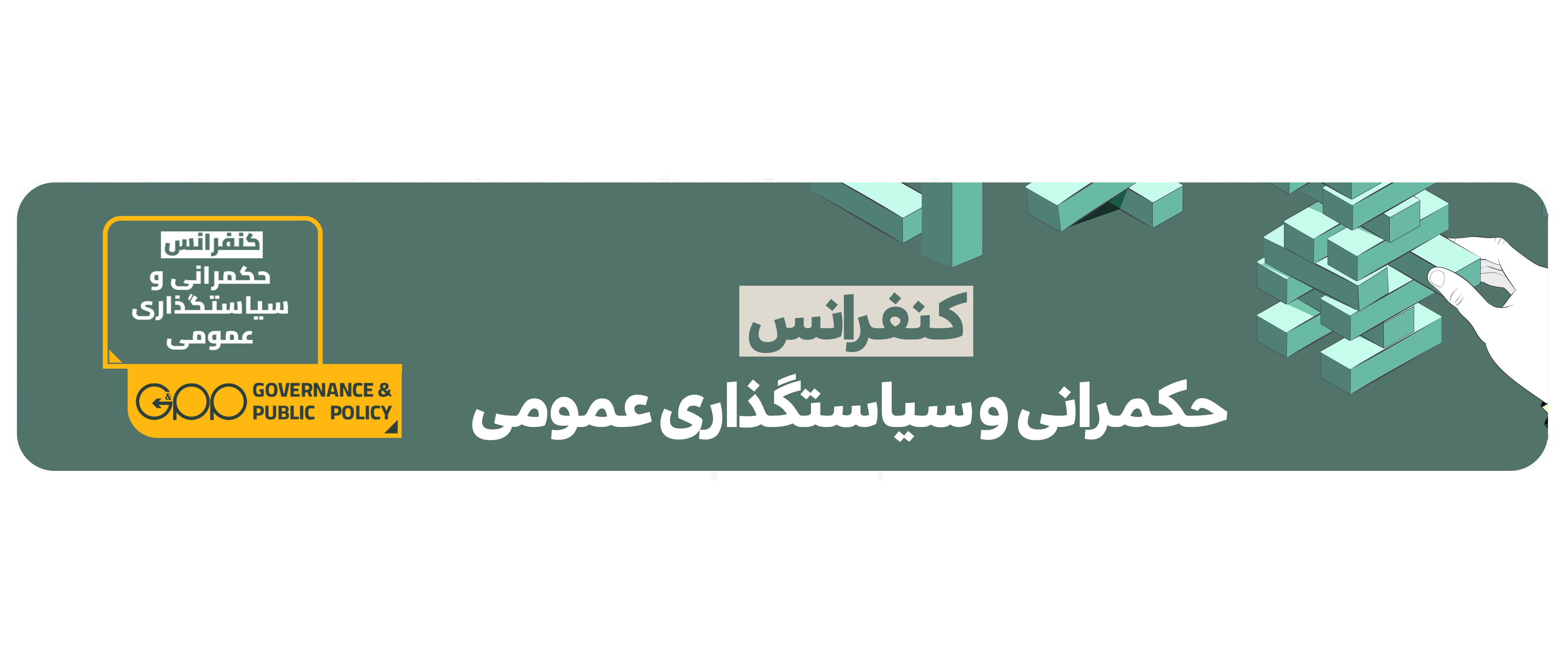چکیده
The COVID-19 pandemic demonstrated the importance of quarantine in dealing with such catastrophes. However, the less intelligent the quarantine, the more pronounced the conflict between livelihood and society's health - particularly for the poor. To avoid blind quarantine regulations that result in the entire closure of enterprises and public spaces, several technical solutions were developed in the countries, with varying degrees of success and failure. These include digital contact tracing (DCT) and proximity tracking applications (PTAs), which were hailed as technological marvels by numerous governments. This article details Iran's failed public adoption of the Mask application (based on Bluetooth and GPS) and its subsequent successful rerouting to the national data dashboard, coloring urban areas, and employing payment terminals and bank card data. The study concludes that governments should pursue digital transformation through tools and apps that society is already familiar with, rather than solely focusing on the success stories of advanced technologies in other nations. Indeed, before debating the privacy protection against utility of these apps, policymakers should examine non-technical issues, such as the chance that these apps would fail to meet the minimum
acceptance level.
keywords: Proximity tracking applications (PTAs); Socio-technical transition; Health system; Digital transformation.



 علی ملکی
علی ملکی نجم الدین یزدی
نجم الدین یزدی




